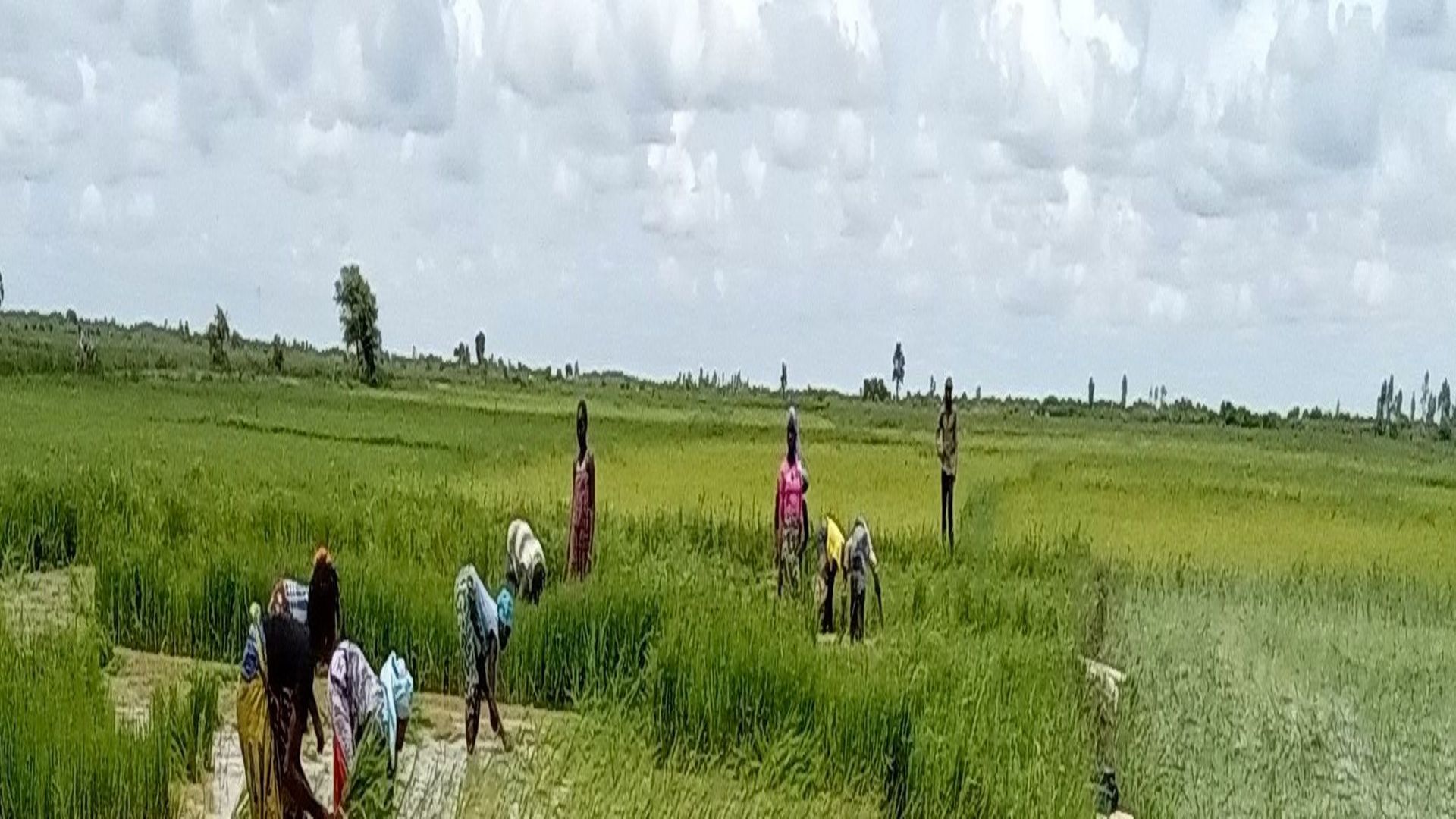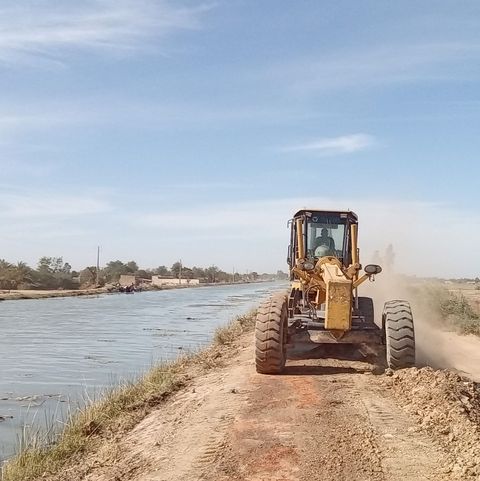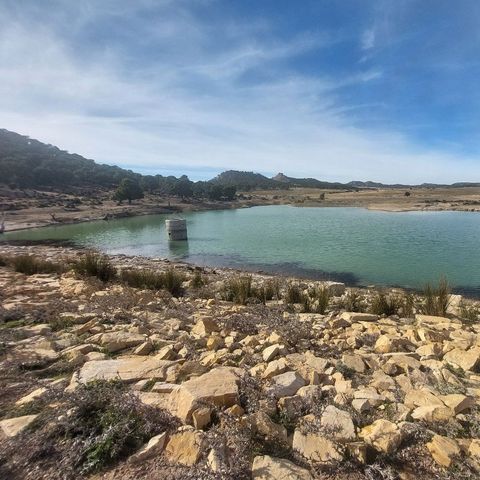Empowering Rural Communities.
Agriculture and Irrigation
Sustainable Agricultural Practices
Agriculture sustains the livelihoods of approximately 2.5 billion people worldwide (FAO). However, conventional farming methods often depend on synthetic fertilisers and pesticides, contributing to soil degradation, water pollution, and declining ecosystem health. Sustainable agricultural practices offer viable alternatives that balance productivity with environmental stewardship. Agroecology, agroforestry, conservation agriculture, and natural farming are well-established approaches that promote biodiversity, soil regeneration, and climate resilience.
We provide technical advisory services to support the transition towards sustainable farming systems. Our expertise covers baseline assessments, strategy development, and the implementation of practical measures, such as promoting climate-adapted seeds, bio-fertilisers, and integrated pest management. We also strengthen institutional capacities and farmer networks to scale up sustainable solutions effectively.
By fostering ecological agricultural practices, we enhance ecosystem resilience, improve food security, and empower rural communities to build more sustainable and climate-adaptive livelihoods.
Our Impact
India
lndo-German Global Academy for Agroecology Research and Learning (IGGAARL)
By promoting sustainable land and water management, enhancing agroforestry practices, and supporting local farmers with capacity building, we strengthen climate resilience, improve agricultural productivity, and ensure long-term food security in the region.
Mali
Promotion of Agro-Ecological Cropping Systems (PAESOL)
By restoring soil fertility and optimising water use, the PAESOL project strengthens food security through sustainable farming while creating income opportunities in agro-ecology, especially for women and youth.
Chad
Adaptation to Climate Change and Resource Conservation
Strengthening the Lake Chad Basin Commission’s capacity to manage transboundary water resources, fostering sustainable water management, enhancing regional cooperation, and directly improving climate resilience for 3,250 farming, livestock, and fishing households.




